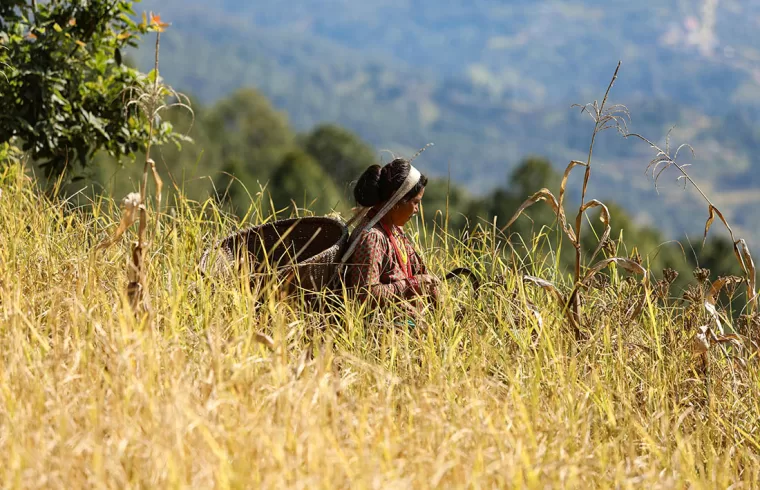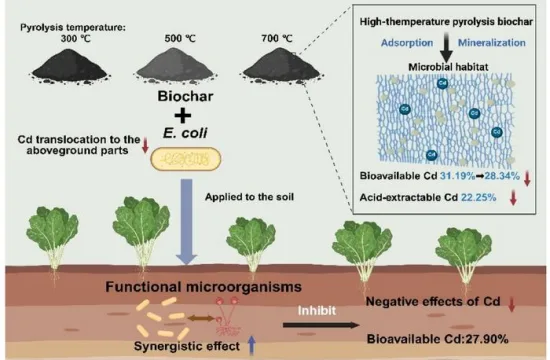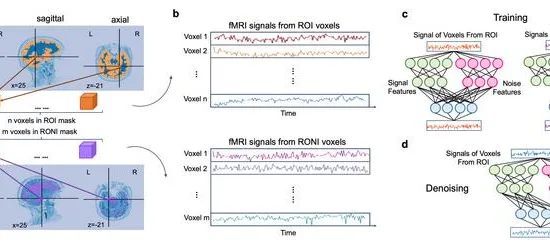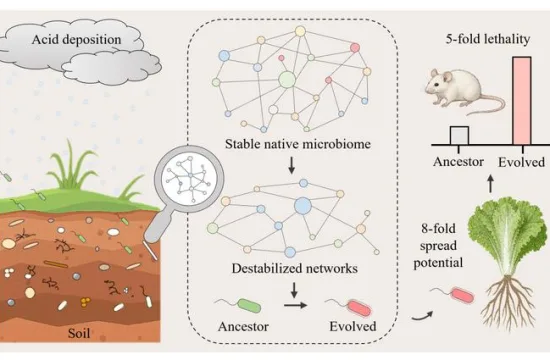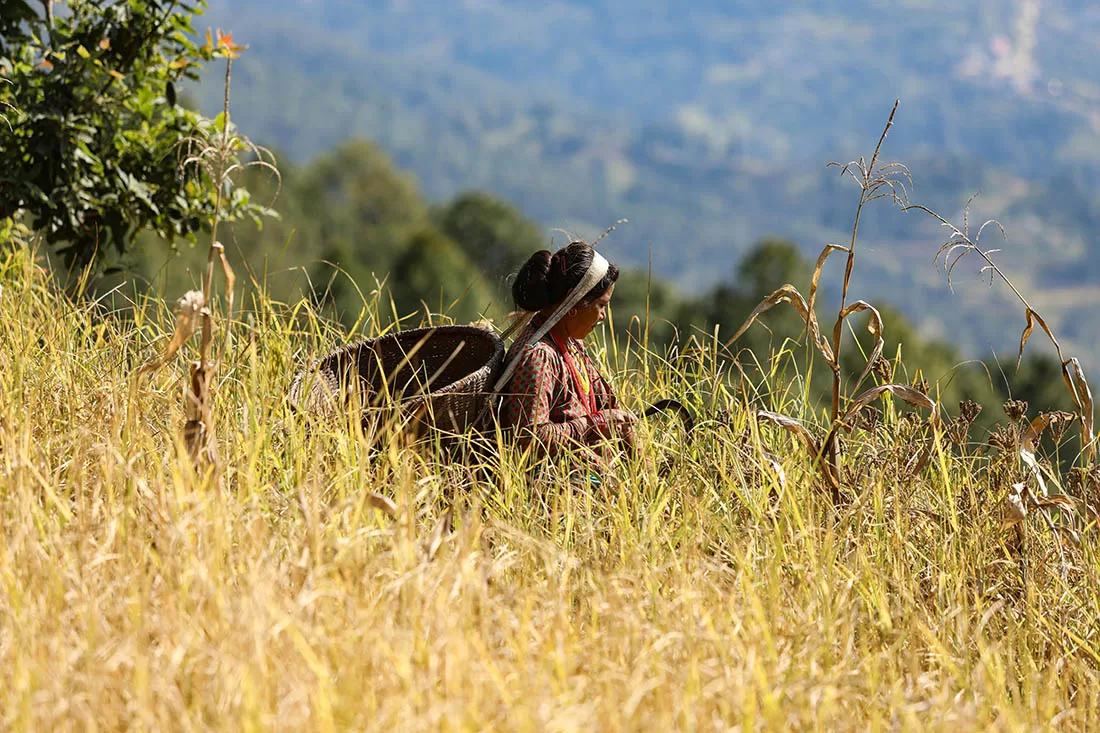
Kathmandu, October 15 — Nepal is set to host the “Neglected and Underutilized Crop Species (NUS) Conclave – 2025” on October 19 at Hotel Himalayan Horizon in Dhulikhel, with the aim of promoting sustainable, nutritious, and climate-resilient agriculture across the country.
Organized by the Biotechnology Society of Nepal (BSN) in partnership with Sindhu Tuki Biu Sahakari Sansthan and Sunkoshi Rural Municipality, Sindhupalchowk, the event is supported by the GEF Small Grants Programme (SGP) under UNDP.
The conclave is part of the broader initiative titled “Building Women’s Capacity on Quality Tartary Buckwheat Production and Marketing in Nepal”, currently underway in Sunkoshi and Lisankhupakhar Rural Municipalities of Sindhupalchowk.
The project focuses on empowering women farmers through training, value addition, and market linkage development for Tartary buckwheat — a nutrient-dense, rutin-rich crop known for its adaptability to high-altitude climates and potential to strengthen food security in the Himalayan region.
BSN President Nabin Narayan Munankarmi stated that the conclave, held under the theme “Sharing for Partnering to Promote NUS Crops in Nepal”, will serve as a collaborative platform for researchers, policymakers, development professionals, farmers, entrepreneurs, and private-sector stakeholders.
The conclave aims to disseminate research and community-based insights on neglected and underutilized crop species (NUS), facilitate partnerships in production, processing, and market development, and enhance understanding of value chains and enterprise models. It also seeks to promote sustainable, locally rooted food systems and advocate for the integration of NUS into national agricultural policies and planning.
The day-long event will feature expert presentations, interactive discussions on organic farming and NUS innovations, and a product exhibition showcasing diverse NUS-based foods and value-added items.
Organizers hope the conclave will serve as a dynamic platform for multi-stakeholder engagement, helping to mainstream neglected crops into Nepal’s agricultural development agenda while supporting rural enterprise, nutrition, and climate resilience.

